Top questions answered:
What books are we using this year?
Three of them:
- The “frog” book by Withgott, which is only currently available on the class iPads:
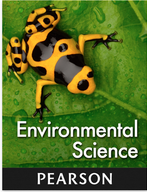
- The “bee” book, which can be found on the Apple iBooks store for you to purchase, as well as on the class iPads:

- Friedland and Relyea “Environmental Science for the AP exam”, which is available online at Amazon as paper textbook, or for rental as a Kindle book (there are readers for mac and pc online). Since the rental for this is only currently available until 2.2021, we are posting some chapters as pdf on the server: http://physics.hpa.edu/physics/apenvsci/texts/fr_3e/
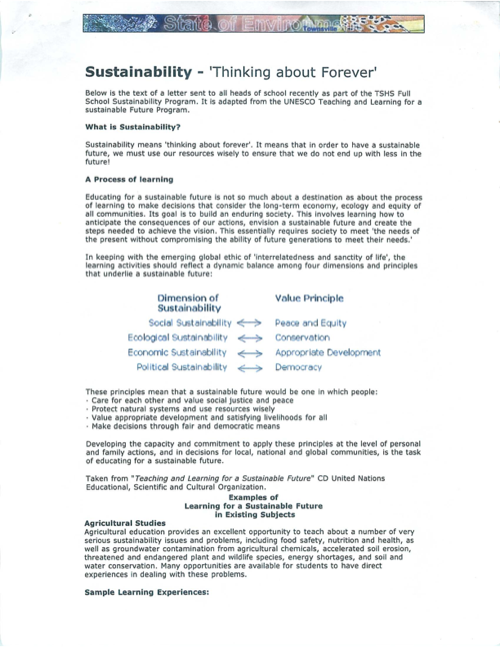 |
| Click for full-size image |
- energy
- settlements
- timber
- food
- seafood
- carbon
- built up land
- forests
- cropland
- fisheries
important——
energy->water->food->culture
- With energy you can move/purify water
- With water you can grow food
- With food you can maintain a culture
What is the "environment"?
Front of ship fell off-
https://www.youtube.com/watch?v=3m5qxZm_JqM
"we towed it out into the environment"
"you mean into another environment"
Environment: Everything around us, including us
Climate change map-try this out:
http://www.impactlab.org/map/#usmeas=absolute&usyear=2080-2099&gmeas=absolute&gyear=1986-2005
Nebraska->Alberta by 2050
Footprints:-----------
Your footprint: https://www.footprintcalculator.org
Reducing your carbon footprint:
Notes on the texts: "frog book" on the iPads, "bee" book on your computer, Friedland and Relyea (pdf for now)
Friedland and Relyea, 3rd edition, until the text rental situation is resolved (2.21)
http://physics.hpa.edu/physics/apenvsci/texts/fr_3e/
Note that the FR text is more detailed. The first two chapters of both this and the frog book (iBook) deal with defining environmental science, the scientific process and how APES covers many different topics. (see notes in previous class)
The FR text is divided into modules, with practice questions (PQ) at the end of each section and chapter questions (CP) at the end of each chapter. Your homework will often be the PQ during the week, and the larger CP over the weekend.
Module 1 -------------
Fracking-know what it is? Why is it controversial? How has it changed how we generate electricity in our country? At what cost? Why is this politically important? Why are the solvents they use secret? What is the impact of these solvents on water? Who developed it around 1960? What did he later put all of his money into?
Bio=life, so biotic means living, abiotic means not living (druids had a neat view on this)
How systems are defined enables us to create models of cause and effect (favorite topic of physicists and historians as well)
Module 2 ---------------
Environmental indicators: what we know and can observe that indicate the condition of a system
Ecosystem services: can be economic, direct or cascading (off shore oil for example, impacting fishing in the gulf of Mexico)
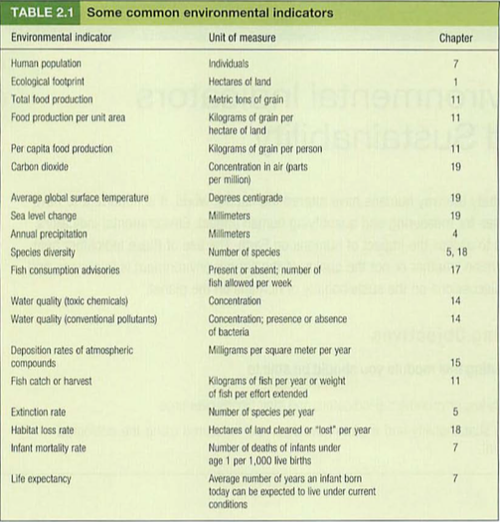 |
| Click for full-size image |
Long list. Let's go for something more digestible:
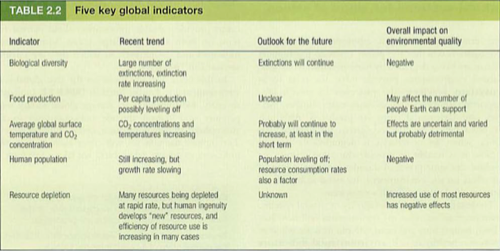 |
| Click for full-size image |
Note that biodiversity is a key indicator (why?)
These are the 5 challenges that you will deal with in this century. Knowing about them will enable you to impact change.
It's all about you.
More terms:
Genetic diversity: variation in a population (could be age distribution in our class)
Species: different in obvious ways (definitions vary on this)
Species diversity: variation of species in a habitat (age distribution in the school or elab)
Speciation: an adaptation based on stress
Evolution needs three things:
- some form of genetic variation
- some stress that favors this variation
- survivors have to reproduce and carry on the variation
- longer necks in some animals
- drought that kills all short neck creatures (just like in land before time)
- long neck animals survive to reproduce and carry on the variation
- With energy you can move/purify water
- With water you can grow food
- With food you can maintain a culture
 |
| Click for full-size image |
- energy
- settlements
- timber
- food
- seafood
- carbon
- built up land
- forests
- cropland
- fisheries
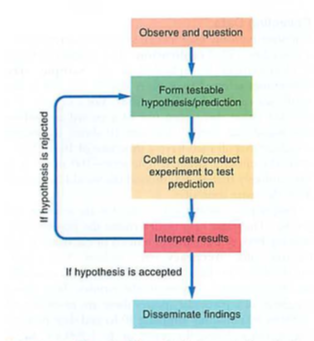
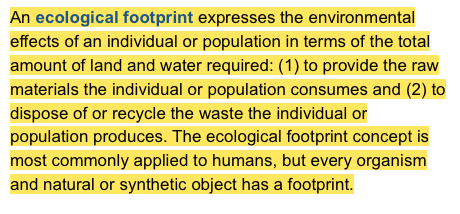

Comments